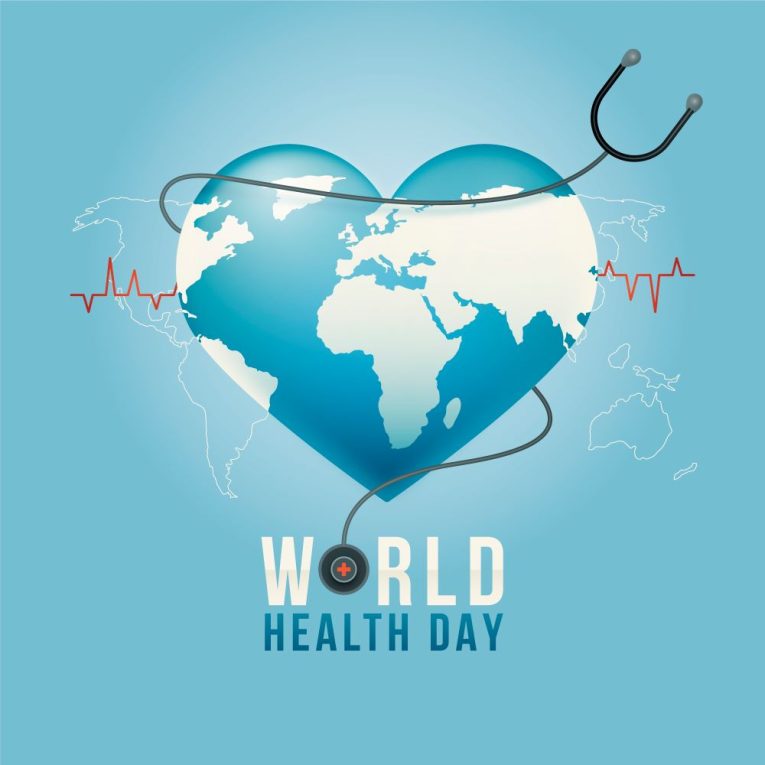World Health Day is an annual event that marks the anniversary of the founding of the World Health Organization (WHO) on April 7th. This day is celebrated globally to raise awareness about critical health issues and to advocate for better health care access for all. In 2024, the theme “My health, my right” reaffirms the fundamental right of every individual to access high-quality health services and essential resources necessary for a healthy life.
The theme emphasizes the significance of clean water, nutrition, sanitation, safe housing, and equitable healthcare access — all essential pillars of public health. World Health Day serves as a platform to champion these causes and drive meaningful dialogue and action across nations.

This global health observance brings together communities, governments, and institutions in a shared mission: to improve health care delivery, promote disease prevention, and build awareness through impactful initiatives. Activities typically include health awareness campaigns, educational events, community health fairs, social media drives, yoga sessions, fundraising, and honoring frontline health workers.

Educational institutions organize workshops and seminars focused on nutrition, mental wellness, exercise, and preventive care. These efforts help build awareness around important health services, empowering individuals with knowledge and tools to take charge of their well-being.
Global health campaigns launched by WHO and its partners spotlight key issues such as maternal and child health, infectious diseases, mental health, and climate change’s impact on health. By doing so, they promote cross-border solidarity in tackling shared challenges.
Digital engagement plays a vital role, with social media campaigns leveraging hashtags and storytelling to spread vital public health messages far and wide. Simultaneously, physical activities like marathons, fitness challenges, and wellness walks encourage active lifestyles and foster community spirit.

Fundraising efforts help support medical research, rural healthcare access, and initiatives targeting underserved populations. Meanwhile, policy advocacy pushes for stronger health care infrastructure, more inclusive health policies, and investment in resilient systems that serve everyone, everywhere.
At its core, World Health Day is a reminder that health services should be accessible, affordable, and inclusive. It inspires collective responsibility — from individuals to nations — to protect this right to health for current and future generations.
By promoting public health literacy, strengthening global partnerships, and addressing emerging threats like pandemics and chronic diseases, we can achieve more equitable and effective health care outcomes. Let this World Health Day ignite a renewed commitment to building a healthier, fairer world — where everyone, regardless of background or geography, has the opportunity to live a long and healthy life.


